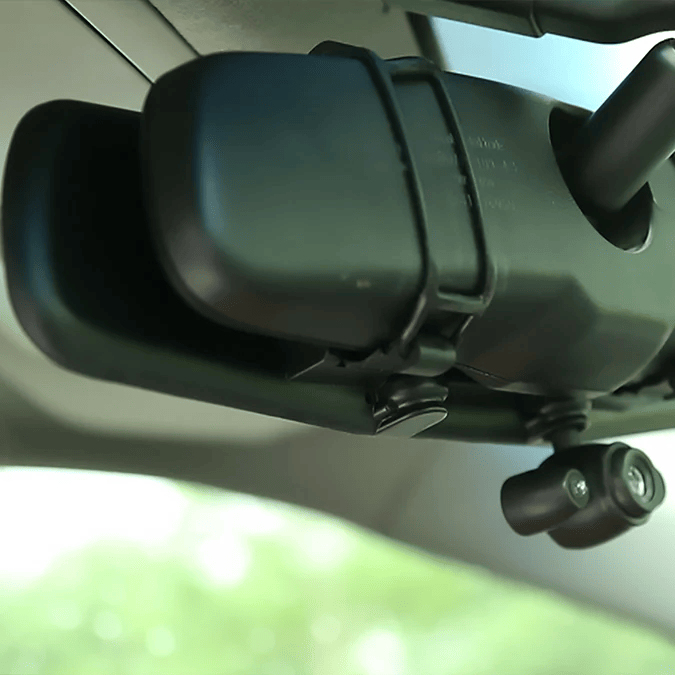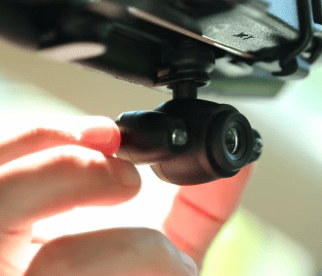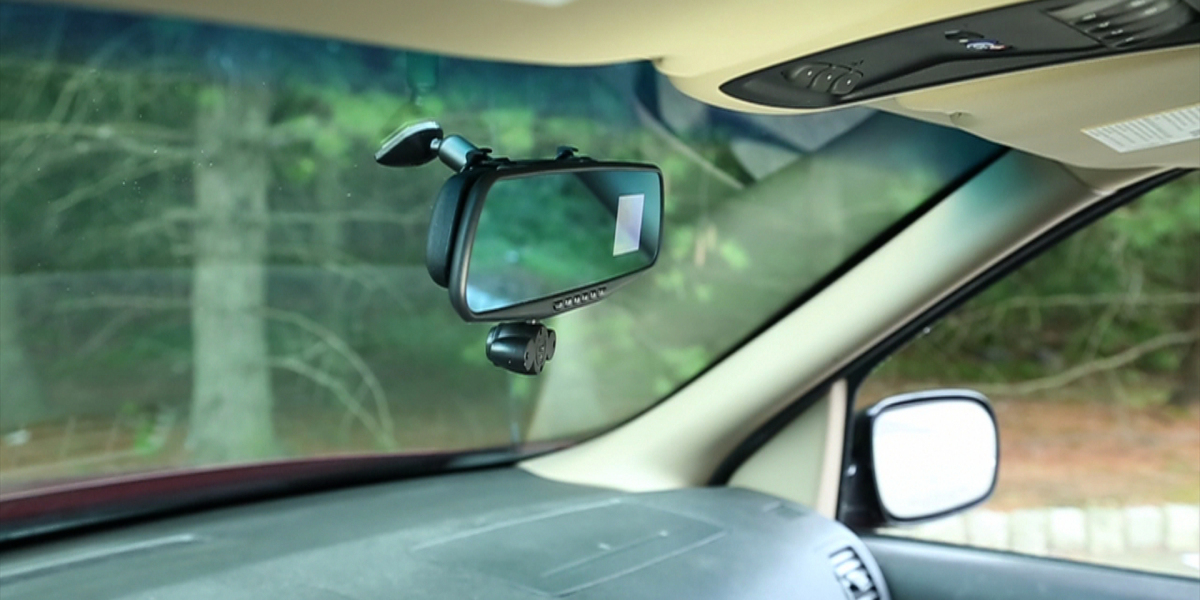In today's fast-paced world, ensuring your safety on the road is paramount. One of the best ways to achieve this is through the use of a car dash cam. These devices have become increasingly popular among drivers for a variety of reasons, ranging from enhancing security to providing evidence in case of an accident. This article explores the benefits, features, and considerations of car dash cams, helping you make an informed decision about whether to invest in one.

Understanding What a Car Dash Cam Is
A car dash cam, or dashboard camera, is a small video camera mounted on the front or rear windshield of a vehicle. It continuously records the view through the front windshield and, in some cases, the rear view. The main purpose of a dash cam is to document your journey while driving, capturing any incidents or accidents that may occur. These devices often come with various features, including loop recording, G-sensor technology, and night vision, making them essential tools for drivers who want to enhance their safety and protect themselves from fraudulent claims.
The Benefits of Using a Dash Cam
Using a car dash cam comes with a myriad of benefits. First and foremost, they provide crucial evidence in the event of an accident, helping to establish fault and protect you against false claims. Furthermore, dash cams can deter reckless driving and vandalism, as the presence of a camera often makes individuals think twice before engaging in dangerous behavior. Additionally, many drivers appreciate the peace of mind that comes from knowing their journeys are being recorded, allowing them to focus on the road without worrying about potential mishaps.
Choosing the Right Dash Cam
When selecting a dash cam, it is important to consider several factors to ensure you choose the right one for your needs. Firstly, think about the camera's resolution. Higher resolution cameras provide clearer images, which can be vital in identifying details during an incident. Additionally, consider features like night vision, GPS tracking, and Wi-Fi connectivity, which can enhance your dash cam's functionality. Moreover, look for user-friendly interfaces and reliable customer reviews to help you make an informed decision.
Features to Look for in a Dash Cam
Dash cams come with a variety of features, and knowing which ones to prioritize can help you make a better choice. Look for high-definition recording capabilities, ideally 1080p or higher, to capture detailed footage. Loop recording is another essential feature, as it allows the camera to overwrite old footage when storage is full, ensuring continuous recording. A G-sensor detects sudden acceleration or braking, automatically saving video footage from critical moments, while parking mode can record incidents when your car is parked, adding another layer of security.
Installation and Setup Tips
Installing a dash cam can be a straightforward process if you follow some simple guidelines. Start by selecting an optimal location on your windshield, ensuring it does not obstruct your view while driving. Most dash cams come with adhesive mounts or suction cups for easy installation. Once mounted, connect the power supply to your vehicle’s power outlet or use a hardwire kit for a cleaner look. Finally, ensure the camera is properly configured, adjusting settings such as resolution, recording time, and audio options to suit your preferences.
Maintaining Your Dash Cam
Proper maintenance of your dash cam is essential to ensure it functions effectively over time. Regularly check for software updates, as manufacturers often release updates to improve performance and fix bugs. Additionally, clean the camera lens to remove any dust or grime that may affect video quality. It is also wise to periodically format the memory card to prevent data corruption and ensure optimal recording efficiency. Lastly, monitor the battery life and replace it if necessary, as a weak battery can compromise your camera’s performance.

Using Dash Cam Footage
Dash cam footage can serve various purposes beyond accident documentation. Many drivers use their recordings to capture scenic drives, memorable moments on the road, or even wildlife encounters. Additionally, some insurance companies accept dash cam footage as evidence when processing claims, potentially speeding up the claims process. However, always be cautious about sharing footage online, as it may contain sensitive information about yourself or others involved.
Legal Considerations for Dash Cam Usage
While dash cams can be incredibly beneficial, there are legal considerations to keep in mind. The laws regarding recording in vehicles vary by region, so it is crucial to familiarize yourself with local regulations. In many places, it is legal to record while driving, provided you do not invade someone’s privacy. However, be cautious about sharing footage publicly, as it may lead to legal ramifications. Always ensure that you have consent from individuals appearing in your recordings if you plan to share or use the footage for commercial purposes.
Insurance Benefits of Dash Cams
Many insurance companies recognize the value of dash cams and may offer discounts to policyholders who use them. Providing evidence in the event of an accident can expedite the claims process and reduce the chances of disputes. Some insurers even have specific dash cam programs, providing incentives for drivers to adopt this technology. By demonstrating responsible driving behavior through recorded footage, you may be able to negotiate better rates or coverage options with your insurance provider.
Dash Cams and Fleet Management
For businesses that operate fleets of vehicles, dash cam can be invaluable tools for fleet management. These devices help monitor driver behavior, ensuring adherence to safety protocols and reducing liability risks. Fleet managers can review footage to identify areas for improvement, provide training to drivers, and enhance overall operational efficiency. Furthermore, the added layer of accountability can promote responsible driving among employees, ultimately benefiting both the business and its clients.
Frequently Asked Questions
What is the best dash cam for my vehicle?
The best dash cam for your vehicle depends on your specific needs and budget. Look for high-resolution cameras with essential features like loop recording and G-sensor technology. Consider reputable brands that offer reliable customer support and warranty options. Research user reviews and comparisons to find the model that suits your requirements.
Are dash cams legal to use?
In most regions, dash cams are legal to use as long as they do not violate privacy laws. However, laws can vary significantly, so it is important to check local regulations before installing a dash cam. Avoid using cameras in a way that could invade someone’s privacy, such as recording inside a private property.
How do I download and share dash cam footage?
To download and share dash cam footage, connect the camera to your computer using a USB cable or remove the memory card and insert it into a card reader. Access the files through your computer, where you can copy, edit, and share them as needed. Always ensure you have consent from anyone featured in the footage before sharing it publicly.
Investing in a car dash cam can be a wise decision for enhancing your safety on the road. By understanding their features, benefits, and considerations, you can choose the right device to protect yourself and your vehicle.









